 After a temporary hiatus from the spiritual abuse blog series while I traveled south to Pennsylvania and west to Oregon, I’m back in Boxford again, stationed at my computer, and ready to pick up where we left off.
After a temporary hiatus from the spiritual abuse blog series while I traveled south to Pennsylvania and west to Oregon, I’m back in Boxford again, stationed at my computer, and ready to pick up where we left off.
Statements I made earlier about abuse (see “The Perfect Storm”) point to the possibility that something is amiss our Christian belief system that is opening the way, if not directly giving rise, to spiritual abuse.
The details are in that blog, but the gist of what I said is that abuse is:
- a denial of the gospel
- the antithesis of what it means to follow Jesus
- an overt rejection of God’s vision for his image bearers
These are serious statements, but the graphic and tragic stories of abuse speak for themselves. Because this topic is particularly important, this blog will be a bit longer than usual, but please read to the end.
It is one thing to address the symptoms—to learn how to detect spiritual abuse, courageously to reject abusive behavior, and to provide care and recovery for those who have been abused. In a future blog, we’ll take things further by looking at ways to prevent abuse from happening in the first place.
But even these important measures are insufficient if we don’t address the thinking that lies beneath spiritual abuse. We must address the underlying belief system—our interpretations of scripture itself—and ask if these convictions are actually part of the problem. If we don’t do this, we are merely bandaging an infection that will continue to flare up.
In his blog, “Four Belief System That Support Spiritual Abuse,” Dr. Phil Monroe identifies some of the underlying beliefs that elevate Christian leaders to a level of unquestioned authority, that give precedence for preserving an institution over caring for people, and that cause those who are not in positions of leadership to distrust themselves and let others think for them. He writes,
“Those who are abused . . . feel that they are not in a position to know truth, that their feelings are distorted more than others, that their needs do not merit help, that the preservation of the institution is more important, and that they are the cause of the problems they experience.”
Spiritual abuse happens where flawed views of authority and submission intersect. These concepts profoundly impact male/female relationships and at their lowest point result in abusive situations.
I note three fatal misconceptions:
First, that female submission means the godly woman’s default mode will be to defer and go along with whatever the men decide. In some Christian circles submission comes with conditioning where girls and women learn to silence their voices, to hold back and be less-than they really are, and to defer to others. A godly woman won’t “rock the boat.”
A women’s ministry team initiated a meeting with male leadership in their church for an honest discussion of the state of marriages and tensions between men and women in the church and what could be done to improve things. Prior to the meeting, the women were eager to proceed, but for some unknown reason fell silent when the discussion commenced. The explanation came later. One of the pastors had sent his wife the “you’d better keep quiet” signal across the room which the other women saw and clammed up too. He might as well have shouted across the room to the wives: “Don’t you dare speak.”
The woman who offers honest opinions, challenges and asks questions, brings up new ideas, or expresses a different perspective can be viewed as critical, insubordinate, and divisive. Countless women live with the constant worry that they aren’t being submissive enough.
Second, that male authority puts a man in a different category from others, giving him a sense of entitlement to the submission of others. Where levels of submission don’t satisfy he feels justified (perhaps even his duty) to thump his Bible and declare that female submission is the natural manifestation of godliness in female behavior.
A third factor that further exacerbates things is the widespread but largely unacknowledged perception that women are somehow secondary to men. It’s politically incorrect to affirm this out loud and will get you in a peck of trouble if you do. But despite protests to the contrary coming from Christian leaders, this thinking has been with us since the fall and has deep roots in human society.
It finds appalling expression when girls and women are objectified, trafficked and consumed, aborted or killed at birth for not being male, and refused education. No country or culture in the past or the present is immune from the impact of this low view of women vis-à-vis men.
But the church is not immune from perpetuating a secondary view of women either. My church historian husband often points out how the shapers of Christian tradition, like Augustine, Tertullian, and Aquinas, simply denied that women were made in the image of God. John Calvin believed women were made in the image of God, but not in the same way that men are. The imago dei in women is said to be derivative from males.
This low view of women is a dangerous blind spot in the church that surfaces regularly in the attitudes and actions of both sexes and of people on both sides of the gender debate.
Pretty much everyone agrees that both men and women are made equally in the image of God, but . . . our equality somehow doesn’t change how things work when men and women come together. “Exceptions” exist in both camps where some women are recognized and respected for their gifts, teaching, and even leadership abilities. But in both camps this doesn’t necessarily change things for the majority of women.
In Christian circles, the need to maintain male authority, the necessity for women to default to a submissive posture in relationship to men, and the subliminal conviction that women rank lower than men is the perfect recipe for spiritual abuse. It protects the abuser and puts the abused at risk. Worse still, it opens the door for other forms of abuse to take place within the church and at home behind closed doors.
How do we regain a clearer perspective on authority, submission, and the implications of both male and female being created in God’s image?
These terms—and many, many others like grace, hope, love, justice, compassion, sacrifice—are redefined for us when we dig through the debris of culture, tradition, and our fallenness that has accumulated over time and corrupted our perceptions of how we are to think and live and work together as followers of Jesus.
When we do this, we will discover the rock solid, unchanging foundation that God established for us in the beginning. We will discover that the way things work in the kingdom of God is nothing like the way things work in this fallen world. Jesus didn’t die and rise to bring us a “kinder, gentler” version of the world’s ways of conducting human relationships, but a radically different, counter-cultural way of relating that Jesus modeled and that is utterly foreign to us. We will realize much to our dismay that even in the best of relationships we all fall short of what God has in mind for us, that we all have reason to repent of our selfishness, small mindedness, and disconnectedness from the heart of God, that we all have more to learn and a lot more ground to gain.
When God created the heavens and the earth and named human beings as his image bearers, he established himself as the only true foundation. Jesus gives us a refresher course by showing us how God’s true image bearer lives. Only on this solid foundation can we begin to build healthy, robust, kingdom relationships.
Concepts of authority, submission, equality, do not float in mid-air. They will always be miss-defined if our reference points come from a fallen human culture and tradition. Jesus must invade our vocabulary and become our dictionary. We cannot properly understand these terms if we sever them from him.
Male/female relationships are opportunities for us to express the heart of God in our interactions and to live out Jesus’ gospel by putting the interests of others ahead of ourselves. Jesus taught us to use our power and privilege to facilitate the well-being and flourishing of others.
I’ve discussed at length submission (The Gospel of Ruth) and image bearing, authority, and equality (Half the Church). So if you want to read more, you can read it there. But to summarize what I’ve learned so far,
Submission is never a call to passivity or deference, but rather to responsibility, wisdom, and strength. Any submission we offer to another person must first pass the test of our prior and primary submission to Jesus—to his character, teaching, example, and mission in the world. To submit is never a woman’s first option. She fails her brothers as an ezer under God if she is passive where courage and firmness are required. Submission is a call for us to use our minds, to work to know God better, and to accept responsibility for what is happening around us—including the decisions the men in our lives want to make.
Submitting to spiritual abuse or turning a blind eye when we know it is happening is never okay.
Jesus had a thing or two to say about authority: first, that all authority belongs to him; second, that the authority he granted his followers was not to rule over women or any other human being, but rather authority over the powers of darkness; and third, that authority is what the Gentiles (unbelievers) wield over others, but that those who follow Jesus are called to be servants—that in the kingdom of God, the first will be last.
Phil’s comments about authority and submission are confirmed by a woman whose experience of spiritual abuse in her church led to this eye-opening moment of truth:
“I realized my concept of submission, authority, introspection and responsibility was distorted, especially as a woman in the church.”
If we are to make strides against spiritual abuse that will help us gain ground against other forms of abuse, we need to return to our foundation and rethink who we are as God’s image bearers and how we are to be valiant for his kingdom. The kind of womanhood God intends for us flourishes when we grow strong and full of courage in God. And the men in our stories will be blessed if we become the stalwart, wise, gracious truth-telling women Jesus calls us to be.
What other aspects of our belief system foster spiritual abuse among Christians?
What conditioning have you experienced that makes it difficult for you to think for yourself, use your voice, and stand against abuse?
How has our own belief system become distorted and what steps can we take to correct course?
IMPORTANT NOTICE: If you haven’t already signed the statement on sexual abuse, please do add your name and spread the word so others can join this effort. This is just a beginning step, but an early demonstration of our determination to support the victims of sexual abuse and stop this atrocity from ever happening in the church again. We need your help!
Here is the complete series on Spiritual Abuse:
- It all started with Lean In: Seek and Speak Your Truth
- Part 1: This Can of Worms Must be Opened!
- Part 2: The Perfect Storm
- Part 3: The Many Faces of Spiritual Abuse
- Part 4: Identifying the Triggers of Spiritual Abuse
- Part 5: Standing Up to Spiritual Abusers
- Part 6: The Underlying Belief System of Spiritual Abuse
- Part 7: The Enablers of Spiritual Abuse … or When Silence isn’t Golden
Dr. Phil Monroe on Spiritual Abuse:
- Spiritual Abuse: What it is and Why it Hurts
- Why Do Some Spiritual Leaders Abuse Power?
- What Factors Support the Use of Spiritual Abuse?
- Four Belief System That Support Spiritual Abuse
- Do You Enable Spiritual Abuse?
- Failures to Act—Why we don’t always blow the whistle on abuse
Also by Frank A. James: Structural Patriarchy’s Dilemma for Women
Mary DeMuth: Spiritual Abuse: 10 Ways to Spot It
Rachel Held Evans: Series on Abuse




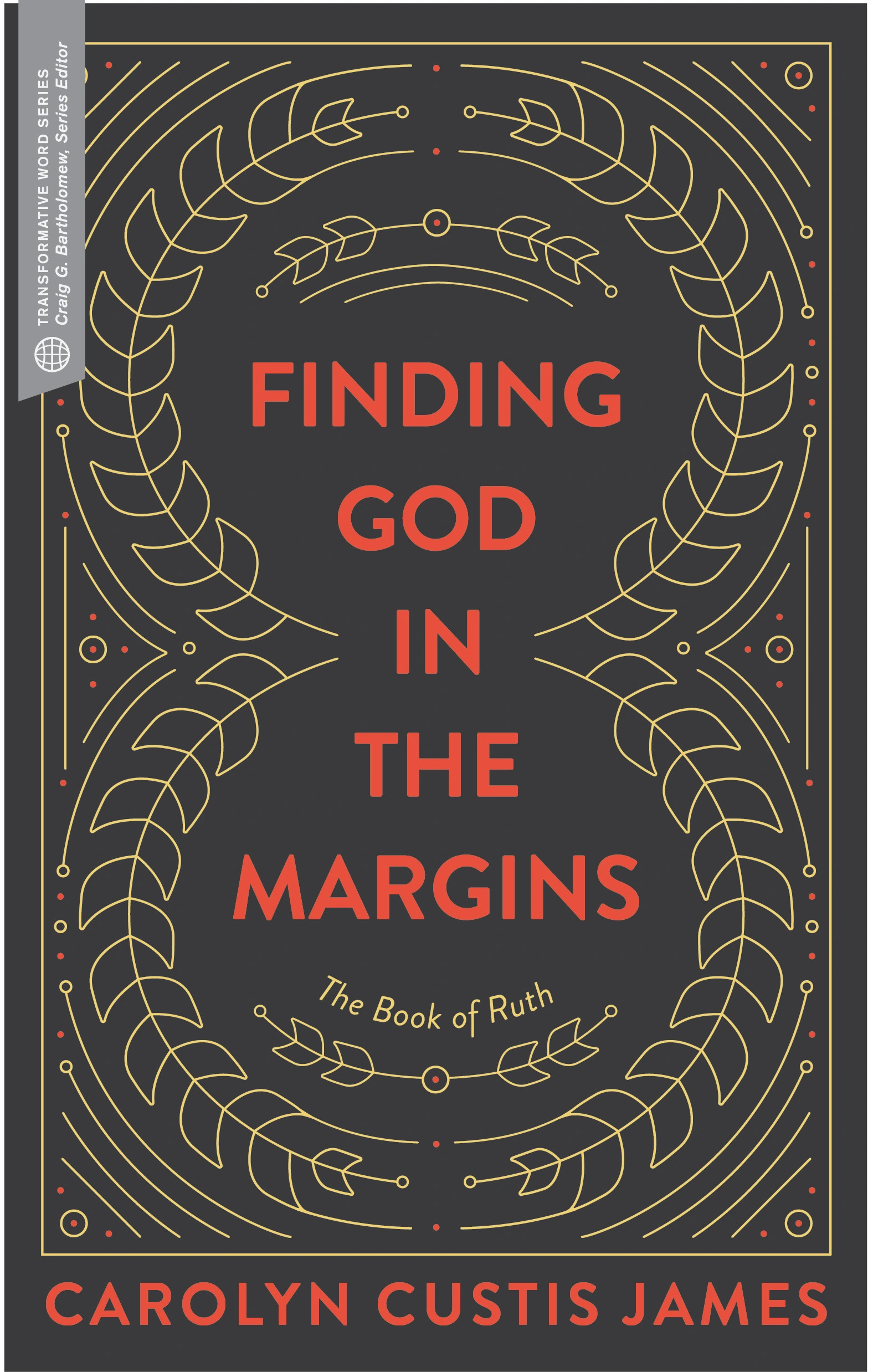
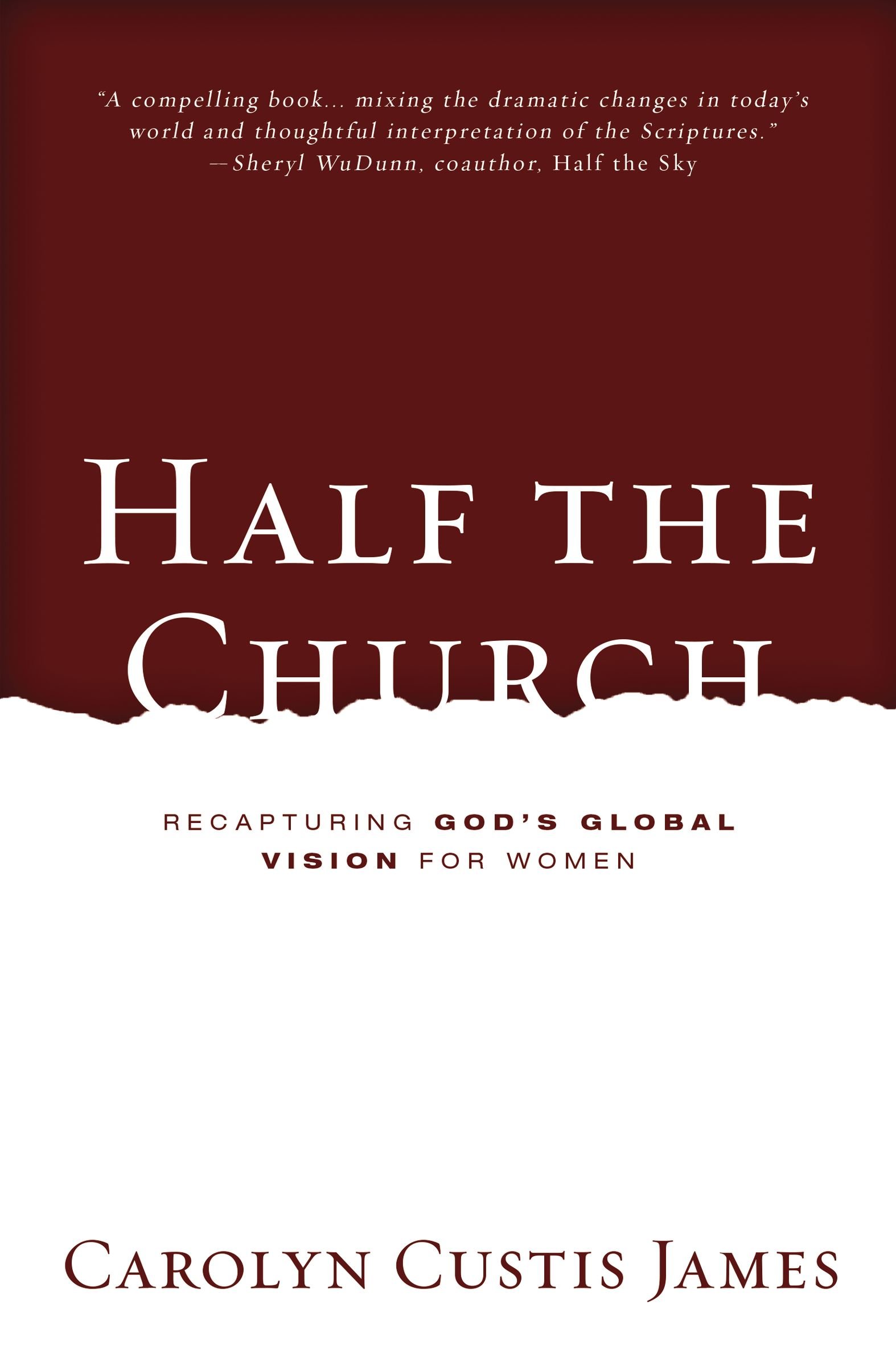
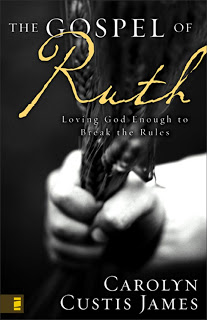
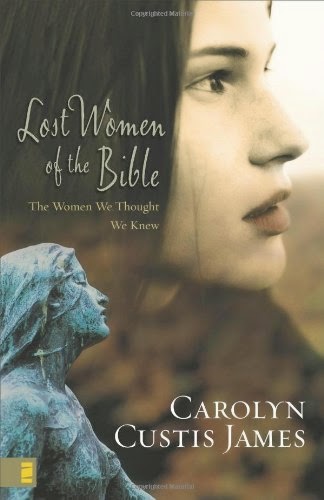






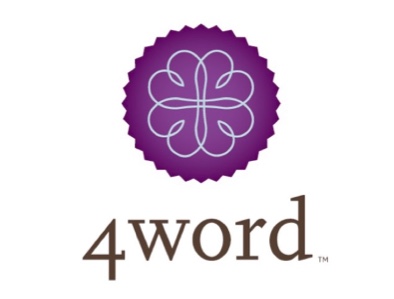
Great article, Carolyn. I plan to share it on my Facebook profile. I know what it is like to be bullied and sexual abuse is the worse form of bullying I know of, no matter how it is whitewashed.
Back in 1995, I read a book by Stephen Boyd-The Men We Long To Be: Beyond Domination to a New Christian Understanding of Manhood-that, along with my studies in the Scriptures, led me not only to be an Egalitarian Christian, but to resist neo-patriarchicalism, or hierarchical complementarianism, which in my mind are the same thing with different name tags.
Boyd is an American Baptist minister and somewhat of a liberal both socially and theologically; but his penetrating insights into patriarchy's inherent evils and how it distorts the life and mission of the church, far outweighs some of the book's flaws. Here is some of what he has to say about the connection between patriarchy and how it harms both men and women:
“We have been socialized and conditioned to devalue and mistreat women, as well as to repress important parts of ourselves that have been labeled feminine. This repression leads us to feel and believe we must join to a woman in order to be whole and complete. So, we have been conditioned [by patriarchicalism] both to be radically dependent on women and to devalue and resent them. Women to whom we try to relate, particularly in primary relationships, have been socialized and conditioned to devalue parts of themselves labeled masculine and look to us for their completion. We end up underfunctioning in the private, relational parts of our lives, while they often overfunction. In the public sphere, we often overfunction, and they tend to underfunction. Too often, we end up resenting our partner's 'private' overfunctioning and 'public' underfunctioning, and she resents our 'private' underfunctioning and 'public' overfunctioning. While this 'complementarity' is supposed to lead to harmony and fulfillment, it often leads to unhappiness….
“Needless to say, these dynamics are not very conducive to our developing spiritual friendships with women. My point here is not that dependence on women, as with other men, is bad or unhealthy; no, we need our sisters in order to be most fully whom God intends us to be. Rather, we need to find our way toward healthy interdependence with then-an interdependence that empowers both us and them.
“We need deep, mutual friendships with women. We have been significantly cut off from the justice, strength, intelligence, and compassionate connection of half of the human race; no wonder many of us have a sense of personal powerlessness. And women need deep, mutual friendships with us. They need us as allies in the struggle to stop what is hurting them, and we need them as allies to stop what is hurting us. We both need reconciliation.” (cf. pp. 202-203)
And I believe that this unhealthy “codependency” promoted by neo-patriarchicalism, until it is recognized and repudiated for the evil and harmful poison that truly is, then sexual abuse will continue to deform the life of the Church, and the Blessed Alliance between men and women, which God intended from the beginning, will continue to be hindered.
LikeLike
Thank you for this blog.
“The woman who offers honest opinions, challenges and asks questions, brings up new ideas, or expresses a different perspective can be viewed as critical, insubordinate, and divisive. Countless women live with the constant worry that they aren’t being submissive enough. “
This resonates with me on a profound level. If I may add not a belief system but a permeating attitude of arrogance to those in power you have created a fertile climate for abuse. God hates pride, actually opposes it, yet in our engagement that often is what rules any attempt at relational understanding or healing.
The conditioning that I mentioned above is what continues to cause me to second guess, or examine my sanity when I am confronted with abuse.
Our belief system has become distorted in my own hopefully humble opinion is that there are those who “know” and those who are “ignorant”. Despite the gospel's call for humility and respect for all image bearers. Unless, we humble ourselves and admit we cannot possibly know everything there is about an eternal, infinite God and receive the reflection given in all God's created humans, I don't hold much hope for humanity. However, my hope is in a God who enacts the impossible and that is my frequent cry for merciful intervention.
LikeLike
Once we identify the abuse, what do we do? The religious systems are designed around dysfunction. Do we throw away church in hope to live freely, how do we form community that breaks away from the tradition of subtle abuse behavior? I see we need to view, read and understand the scriptures differently…other than that I'm at a loss.
LikeLike
This sounds like it's aimed at an Evangelical context. How does the situation in the main line churches compare, do you know?
LikeLike
How about living differently? There are a variety of rule-sets one can use to guard against abuse and to ensure that when abuse happens it's stopped as quickly as possible. Try using one of them to help you not silence others, and if you see abuse report it to the appropriate authorities.
LikeLike
Frank, Thanks for the quotes. I just ordered the book! Amen to his refusal to separate what's good for women from what is good for men—that we need each other and are better when we figure out how to work together interdependently.
Lori, I share your longing for God to intervene, but am inclined to believe he usually “intervenes” by working through us. Part of the problem is that too many of us have been silent. So it's a good thing that we've opened this can of worms are are talking about the problems.
As for solutions … I agree about reading scripture differently. So easy to settle for what seems right—or at least better than what someone else is doing—instead of realizing we all have more to learn, more digging we can do, and more need of transformation.
As for mainline churches, spiritual abuse can happen in any religious context. So I don't think any group can safely assume they're off the hook.
CJ
LikeLike
Thank you, Carolyn, for calling us to a robust theology…the place from which all the abuse springs is certainly our fallen beliefs. This post is a keeper, for sure, and I look forward to hearing more from you as you continue to challenge the church to do better.
“Jesus must invade our vocabulary and become our dictionary” is definitely my favorite line.
I've written a few posts relating to abuse, marriage and divorce on my new blog, and I'd love to invite commenters here to add to the conversation:
http://suzanneburden.com/when-jesus-exaggerates-on-divorce-part-1/
http://suzanneburden.com/when-jesus-exaggerates-on-divorce-part-two/
LikeLike
Thank you for this post, Carolyn. It brilliantly lays out what I've come to recognize over the past few years–at the root of the “gender debates” in the church is NOT a difference in understanding of gender roles, but a difference in understanding of power and authority within Christianity. It seems to me that many evangelical leaders would like to preserve and “redeem” those very systems that Jesus came to overthrow. I’m so thankful for your courage to address these issues pointedly and passionately.
LikeLike
I agree with Carolyn s thoughts, but would like to mention that spiritual abuse is not just a male/female issue, as men can be victims as well.
Spiritual abuse originates from a misunderstanding of spiritual authority. When leaders see themselves as a higher calling than others, for example, that sets fertile ground for abuse.
LikeLike
“It seems to me that many evangelical leaders would like to preserve and 'redeem' those very systems that Jesus came to overthrow.”
That hits the nail on the head Lily! So important for us to see this.
And thank you papias1000 for reminding us that men are also targets of spiritual abuse. It's disturbing to realize how so many of the abuses and injustices women suffer, men suffer too—they are trafficked, marginalized, and yes, also abused. Which is one reason my next book will add men and boys to this conversation and God's great heart and vision for them.
LikeLike
One more thought. While I agree that many have been silent, those who have spoken have paid heavily. The courage to speak out when the rod of theological beating has been received on so many levels takes great bravery . I do not think it is a stretch to say that it is just as damaging as physical abuse, and yet due to the invisible nature of the bruises, brokenness and pain it is ignored, dismissed and trivialized. As a result yes, one becomes quite fearful and timid due to the isolating, shaming repercussion given when words are said. This only continues the cycle of oppression for all. I do not condone the submission of silence, but this is no place for the weak of heart. Hence, a cry to God for strength and for intervention.
LikeLike
This is why it matters that more of us are speaking out together. Too often the voice speaking is solo. This also underscores the need for those who see this happening, not to remain silent or actively cover-up the abuse, but to advocate for those on the receiving end of abuse. It's very difficult when the abused person has to face that onslaught alone, especially when, as you say, even their speaking draws additional fire.
LikeLike
Carolyn,
Important piece! Thank you. One thing I would add to this discussion is that it is not only a man/woman, woman/man issue, but also woman/woman, man/man. Spiritual abuse, like most abuse, stems from an abuse of power and, often, the abuser's own fears and insecurities (like not believing the Gospel, as you said, for example). I was part of an international women's group whose leadership subtly used power and pressure (more like bullying in retrospect) to have us “get on board with what we are doing or you will miss out on what God is doing,” “You can't question the Holy Spirit”, that sort of thing. It was very difficult to speak up about it, because you would be seen as “not on board.” It is troubling that many of these women leaders probably experienced spiritual abuse in their own churches by males, yet translated the same kinds of things into the female-dominated ministry.
By the way, my summer study group is reading “Lost Women of the Bible” and one of the members says this is her favorite book thus far (last summer we used “Half the Church”. We had a great discussion this week on Tamar, Hannah and Esther, and interestingly it brought out deep conversation on the very issues you are speaking of here. They want me to give a sermon on Tamar to help inform the entire church body about these lost women…
LikeLike
Kerry, Yes, thanks for reminding us that spiritual abuse can come in any context and combination. Power is a dangerous thing that can be used for enormous good or appalling damage. God help us all!
Thanks too for the good word about your study. I appreciate hearing.
CJ
LikeLike
How do we speak out together?
LikeLike
When one uses the term “image barrier” they need to remember that the Scriptures reads “Let Us create man/Adam in Our image” (Gen. 1:26).This is man/Adam before woman was taken from him. Therefore, the full image is in Adam. Woman comes from Adam. One could conclude that Adam, before Eve was taken from him bared the image of God. That would conclude that we are partial image barriers now. Or one could conclude that Adam is the image barrier alone. We should all also remember the fact that when God decided to become flesh (John 1:14), He became male/man/Adam… thus the reason Paul calls Jesus the Last Adam and the Son of Man. Just some things to consider while dwelling on this matter.
LikeLike
Good post, sharing it on the FB page of A Cry For Justice.
And for those who want to learn more about domestic abuse (which is often tied up with spiritual abuse) you might like to visit cryingoutforjustice dot wordpress dot com
LikeLike
@darwinbullock. happy to be the first to point this out, but actually the word “adam” refers to “mankind” Read Genesis 5:1. look up the word in your concordance. It blew my mind the first time I read it, and it might blow yours too!
LikeLike
The Hebrew word for “man” is “adam” and is the generic term for mankind, yet this still does not alter the fact that it is also the proper name for Adam, the first male, and Jesus who is the last Adam. Just thinking critically through this whole journey of thought.
LikeLike
This comment has been removed by a blog administrator.
LikeLike
Carolyn,
Your post could not have come at a more opportune time. I have a unqiue opportunity to speak to some high school girls tomorrow night about gender roles, and I was feeling overwhelmed by the enormity of the subject. I almost wholeheartedly disagree with the author of the book they are studying, and was having a difficult time finding resources that give a loving explanation of Christ-like mutuality. So thank you for this.
LikeLike
Just a gentle reminder of the WhitbyForum comment policy:
“Your comments are welcomed and encouraged on the WhitbyForum site, even if your opinions differ from blogs posted. However, comments containing offensive language, an adversarial tone, or personal attacks will be deleted.”
Having said that, questions regarding Thomas Aquinas' view that women are not made in the image of God in the same way as men are addressed at http://www.whitbyforum.com/2013/08/st-thomas-aquinas-on-women.html
LikeLike
Joy, I'm glad this post can be of help. So glad you have this opportunity to speak into the lives of high school girls.
LikeLike
I must say that's its not an accident Jesus came to this earth through Mary, a female thus taking us into a full circle of the chicken and egg question as who has the authority in the church. Jesus' life is negated if we fail to see this.
However, there is never an excuse for abuse.
LikeLike
I remember in seminary having to write a paper on if Jesus came to earth today, would He call a woman to be one of the twelve. One would have to say Christ had a once in a life time opportunity to set the record straight with calling a woman to be in His inner group of twelve, His special group of three (i.e Peter, James, and John), or to be the disciple He called Beloved. I believe we make too much of position and roles. Jesus called women, and they had an important role in His ministry (i.e. Mary & Martha) but I don't see these Godly women be unsatisfied that they were not one of the twelve or even upset that Jesus had not called a woman as one of the twelve. They understood Jesus and knew He cared deeply for them. They understood their equality in the Body of Christ, and that they just had a different function.
LikeLike
You got me thinking about my childhood. I grew up in a very gendered home, but my father was not the dictator type, and he found his role as spiritual leader very frustrating. My mom believed in it wholeheartedly, I think for the reasons you mentioned.
LikeLike
Pingback: The Perfect Storm | Carolyn Custis James
Pingback: From Angst to Action—Preventing Spiritual Abuse | Carolyn Custis James
Pingback: The Enablers of Spiritual Abuse … or when silence isn’t golden | Carolyn Custis James
Pingback: Structural Patriarchy’s Dilemma for Women | Carolyn Custis James
Pingback: Standing Up to Spiritual Abusers | Carolyn Custis James
Pingback: Lean In: Let’s Start Talking About It | Carolyn Custis James
Pingback: This Can of Worms Must be Opened! | Carolyn Custis James
Pingback: Identifying the Triggers of Spiritual Abuse | Carolyn Custis James
Pingback: The Many Faces of Spiritual Abuse | Carolyn Custis James
Pingback: Dis-abling spiritual abuse